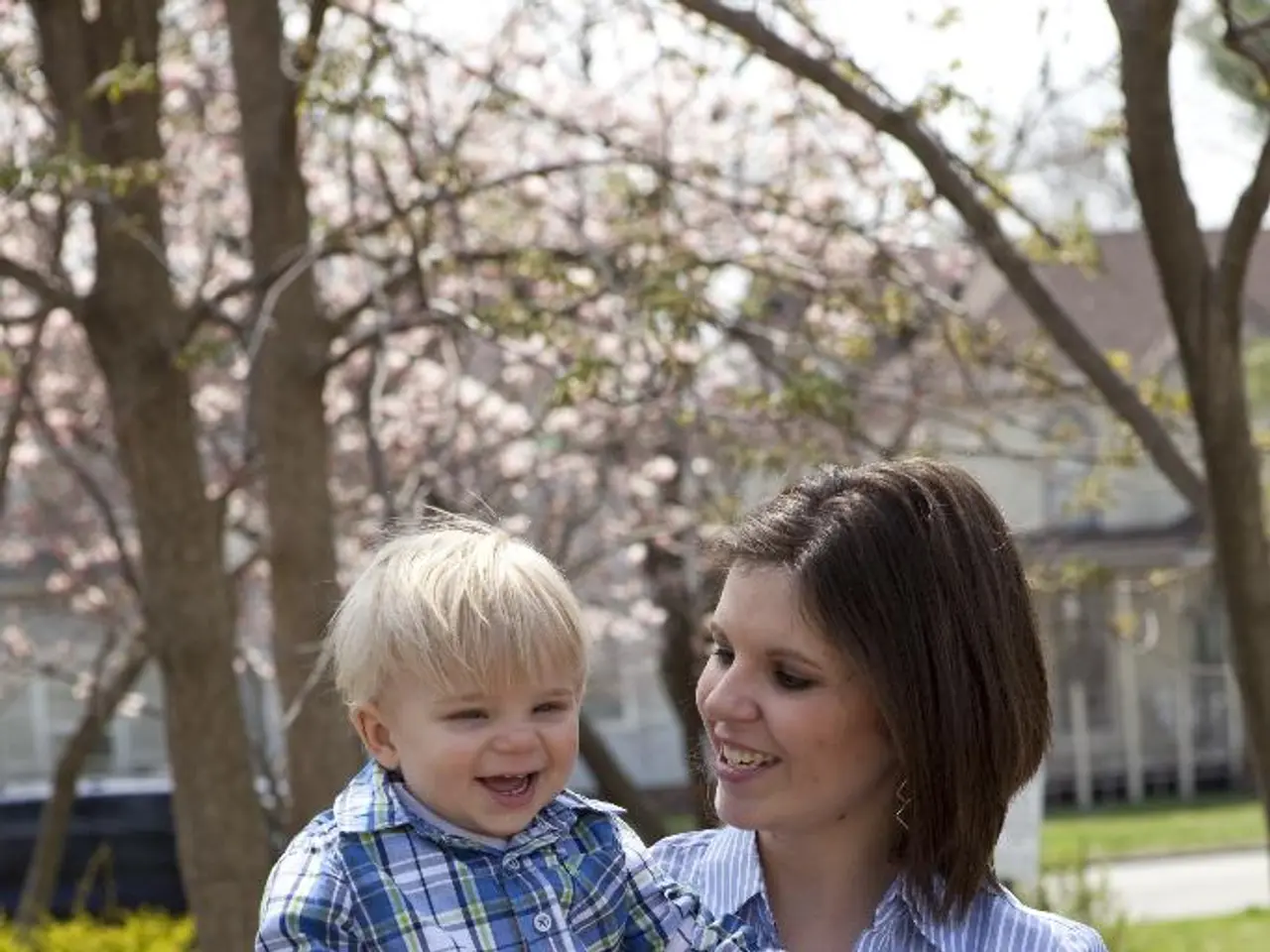Women Possessing Exceptional Motherhood Qualities Beyond Good Ones exhibit Five Unanticipated Characteristics
Being a good mother is a challenging yet rewarding role that requires a multitude of skills. However, there are some mothers who go beyond the call of duty and excel in raising well-rounded children. These mothers possess unique strengths that contribute to sensitive, supportive, and empowering parenting.
Self-awareness is one of the key strengths that great mothers exhibit. They have a deep understanding of themselves, which helps them navigate the complex emotional and practical demands of motherhood. A self-aware woman can confidently go into a challenge and leave her issues aside to be the best that she can be.
Intuitiveness is another strength that great mothers possess. They have a keen ability to sense what their children need emotionally and physically without explicit communication. This allows them to make effective decisions for their children.
Active listening is crucial, especially as children become teenagers. Great mothers attentively listen to their children's words and feelings, validating and understanding them deeply. This skill turns their homes into a gathering place for their children's friends, not due to good cooking, but because of the mother's active listening skills.
Collaboration is another strength that great mothers exhibit. They work together with others, such as partners, family members, and professionals, to support their children's development. Collaborative parents create a stable and secure environment, reducing stress and promoting safety for children.
Advocacy rather than enabling is the fifth strength that great mothers possess. They advocate for their children's best interests firmly but avoid enabling negative behaviors. This allows children to learn responsibility and independence, which are crucial skills for successful adulthood.
Research argues that parents who excel at active listening tend to be more attuned to their children's needs, leading to benefits for both children and the parent-child relationship. A study conducted at Leiden University in the Netherlands showed that pregnancy alters the size and structure of brain regions involved in understanding the thoughts, feelings, beliefs, and intentions of others.
Moreover, internal strengths like empathy, cooperation, and self-efficacy in mothers correlate with positive perceptions of parenting among children. Secure attachment and reflective functioning in mothers also support sensitive parenting.
Overall, the combination of deep self-knowledge, emotional insight, active engagement, teamwork, and protective but firm advocacy distinguish mothers who excel in raising well-rounded children. Children have two parents for a reason. Sharing the burden and the joy of parenting with the children's father creates a strong, supportive network that empowers children to thrive. A mother who knows herself, follows her gut, listens actively, shares the work, and advocates without enabling is a mother who has her priorities straight.
- Great mothers, who are self-aware, have a deep understanding of themselves, which aids them in navigating the complexities of motherhood effectively.
- Intuitiveness, a keen ability to sense children's emotional and physical needs without explicit communication, is another strength possessed by these exceptional mothers.
- Active listening skills, crucial in adolescence, enable great mothers to understand and validate their children's feelings, turning their homes into a haven for open discussions.
- Collaboration with partners, family members, and professionals supports children's development, fostering a stable and secure environment that reduces stress and promotes safety.
- Advocacy, rather than enabling, allows these mothers to empower their children to learn responsibility and independence, demonstrating the importance of this skill for successful adulthood.
- Research suggests that mothers who excel at active listening are more attuned to their children's needs, leading to benefits for both children and the parent-child relationship, while internal strengths like empathy, cooperation, and self-efficacy in mothers also promote positive child outcomes.




